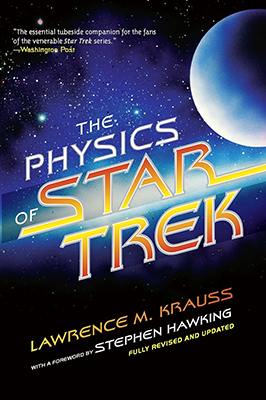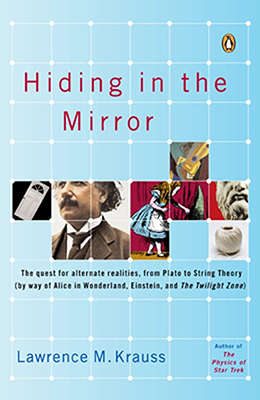
Lawrence Krauss
Lawrence Krauss, born on May 27, 1954, is an American theoretical physicist, cosmologist, and author known for his contributions to our understanding of the universe and his efforts to popularize science.
Krauss was born in New York City and grew up in Toronto, Canada. He earned his undergraduate degree in mathematics and physics from Carleton University in Ottawa and completed his Ph.D. in physics at the Massachusetts Institute of Technology (MIT) in 1982.
Throughout his career, Krauss has held academic positions at various prestigious institutions, including Harvard University, Yale University, and Arizona State University, where he served as a Foundation Professor in the School of Earth and Space Exploration and the Department of Physics.
Krauss’s research interests span a wide range of topics in theoretical physics and cosmology, including the origin and evolution of the universe, dark matter, dark energy, and the nature of space and time. He has made significant contributions to our understanding of these complex phenomena and has published numerous research papers in leading scientific journals.
In addition to his academic work, Krauss is also a prolific author and science communicator. He has written several popular science books, including “The Physics of Star Trek,” “A Universe from Nothing,” and “The Greatest Story Ever Told…So Far,” which have garnered widespread acclaim for their ability to make complex scientific concepts accessible to a general audience.
Krauss is a passionate advocate for science education and critical thinking. He has appeared in numerous television documentaries and debates, discussing topics such as the compatibility of science and religion, the importance of scientific literacy, and the role of science in shaping our understanding of the world.
Throughout his career, Lawrence Krauss has received numerous awards and honors for his contributions to physics and science communication. He continues to be an influential figure in the scientific community and a vocal advocate for the importance of science in our society.


